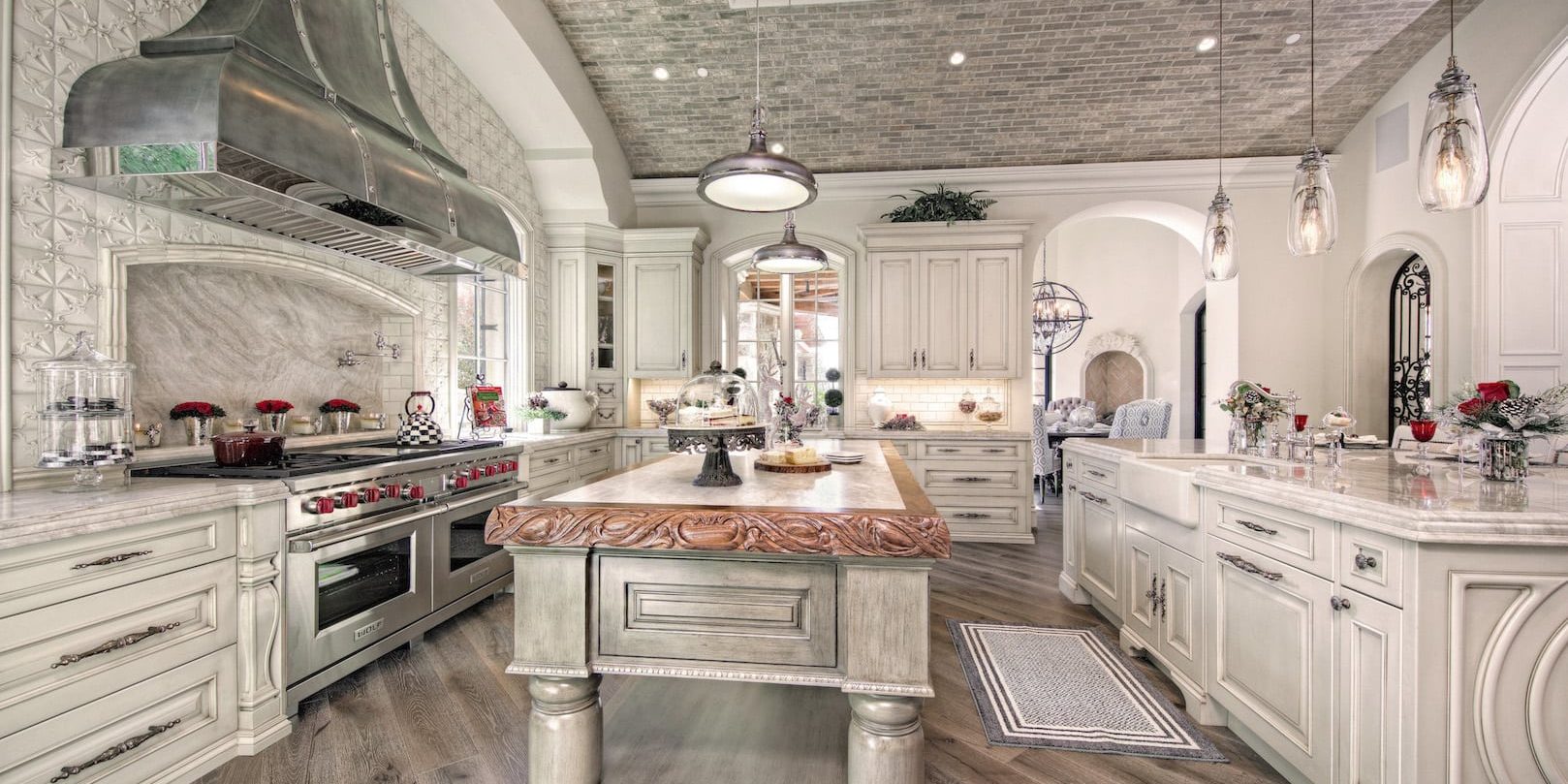
Exploring the Evolution of Modern Kitchen Design in 2020
Introduction:
In the realm of interior design, the kitchen stands as the heart of the home—a space where functionality meets aesthetics. With each passing year, trends in kitchen design evolve, reflecting advancements in technology, shifts in lifestyle, and evolving tastes. As we delve into the nuances of modern kitchen design in 2020, we uncover a tapestry of innovation, style, and functionality that redefine the culinary space.
Embracing Minimalism:
One prominent trend that has gained traction in 2020 is the embrace of minimalism. Characterized by clean lines, clutter-free surfaces, and sleek finishes, minimalist kitchens exude a sense of calm and sophistication. Designers and homeowners alike are gravitating towards streamlined cabinetry, integrated appliances, and neutral color palettes to create spaces that feel both airy and inviting.
The Rise of Smart Technology:
With the advent of smart technology, kitchens are becoming increasingly intelligent and intuitive. From voice-activated assistants to touchscreen refrigerators, innovations in kitchen appliances are revolutionizing the way we cook, clean, and interact with our culinary spaces. In 2020, smart features such as Wi-Fi-enabled ovens, automated faucets, and app-controlled lighting systems are no longer just novelties but essential components of modern kitchen design.
Blending Form and Function:
In the realm of modern kitchen design, the mantra of “form follows function” reigns supreme. Today’s kitchens are designed to be as practical as they are beautiful, with every element serving a purpose. From ergonomic layouts that optimize workflow to storage solutions that maximize space, functionality is key. Yet, this functionality does not come at the expense of style, as designers find innovative ways to seamlessly integrate practical features into the overall aesthetic of the kitchen.
The Influence of Nature:
Nature has long been a source of inspiration for interior design, and the kitchen is no exception. In 2020, we see a growing emphasis on organic materials, earthy tones, and biophilic design elements that bring the outdoors in. Natural wood finishes, stone countertops, and plant-filled corners create a sense of warmth and tranquility, evoking the serenity of the natural world within the confines of the kitchen.
Personalized Touches:
In an era of mass production, personalization has emerged as a driving force in kitchen design. Homeowners are increasingly seeking ways to imbue their kitchens with unique touches that reflect their individual tastes and lifestyles. Whether it’s custom cabinetry, bespoke hardware, or artisanal accents, these personalized elements add depth and character to the kitchen, transforming it from a mere functional space into a true reflection of the homeowner’s personality.
Open Concept Living:
The concept of the open-plan kitchen has gained widespread popularity in recent years, and it shows no signs of slowing down in 2020. By blurring the boundaries between the kitchen, dining, and living areas, open-concept layouts create a sense of flow and connectivity that is ideal for modern living. Whether it’s hosting a casual dinner party or keeping an eye on the kids while preparing meals, open-plan kitchens offer versatility and sociability that are well-suited to today’s lifestyle.
Bold Accents and Contrasts:
While minimalism may dominate the scene, there’s still room for boldness and contrast in modern kitchen design. In 2020, we see a resurgence of bold colors, statement lighting, and eye-catching textures that add drama and personality to the space. Whether it’s a pop of vibrant color on the island, a striking pendant light fixture, or a textured backsplash, these bold accents serve as focal points that inject energy and excitement into the kitchen.
Sustainable Practices:
As awareness of environmental issues grows, so too does the demand for sustainable kitchen design solutions. In 2020, eco-friendly materials, energy-efficient appliances, and water-saving fixtures are becoming increasingly prevalent in modern kitchens. From reclaimed wood countertops to energy-efficient induction cooktops, homeowners are embracing sustainable practices that not only reduce their carbon footprint but also contribute to a healthier and more environmentally conscious lifestyle.
Conclusion:
In conclusion, modern kitchen design in 2020 is a reflection of the ever-evolving landscape of interior design. From the embrace of minimalism and smart technology to the influence of nature and the emphasis on personalization and sustainability, today’s kitchens are at once functional, stylish, and environmentally conscious. As we look to the future, one thing is clear: the kitchen will continue to evolve and adapt to meet the changing needs and preferences of homeowners, setting the stage for innovative and inspiring design solutions in the years to come. Read more about modern kitchen design 2020






![Everything You Need to Know Hermes’ [Bag Name] Everything You Need to Know Hermes’ [Bag Name]](https://images.unsplash.com/photo-1507666664345-c49223375e33?fm=jpg&q=60&w=3000&ixlib=rb-4.0.3&ixid=M3wxMjA3fDB8MHxzZWFyY2h8MTN8fGhlcm1lcyUyMHBhcmlzJTIwYmFnfGVufDB8MHwwfHx8Mg%3D%3D)


